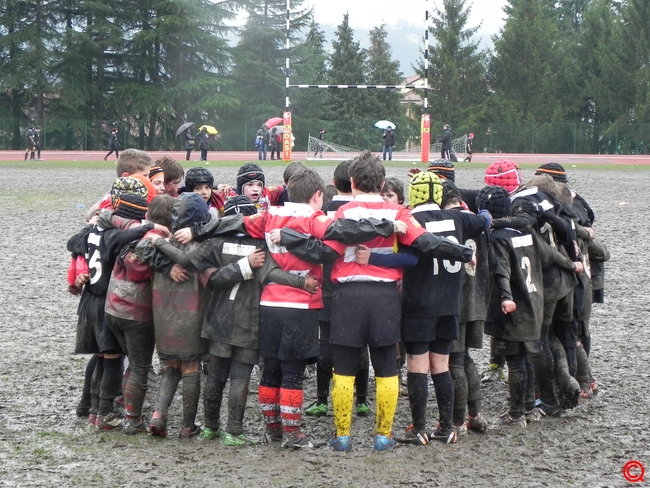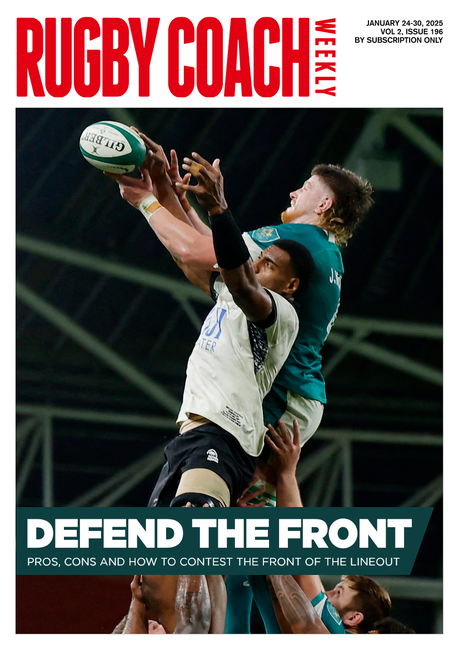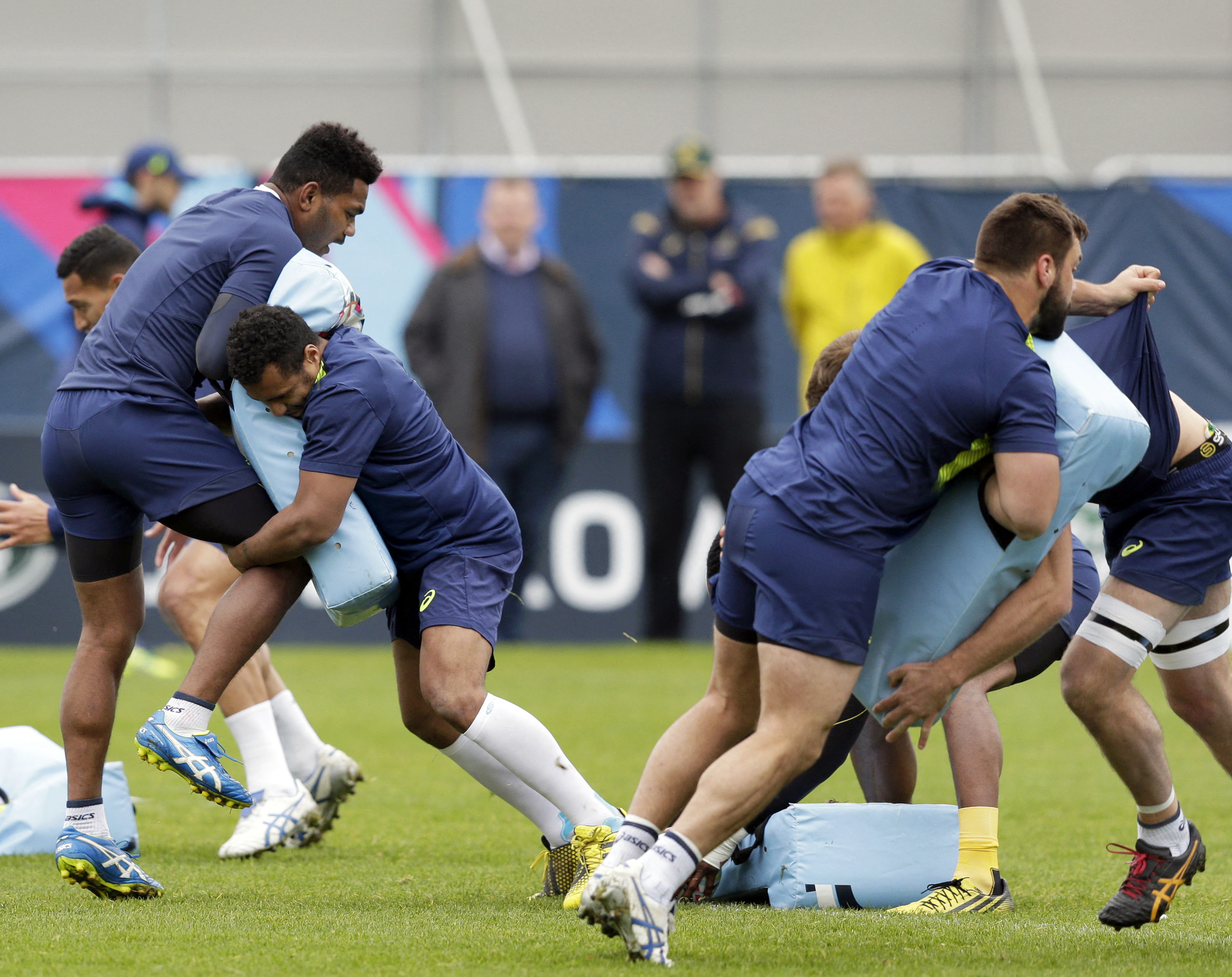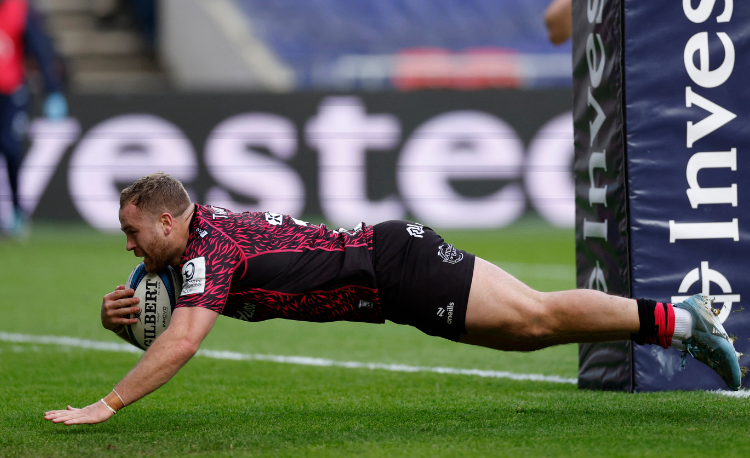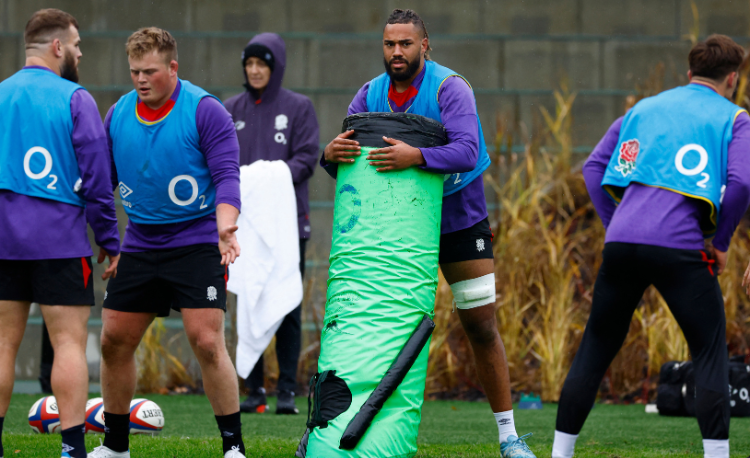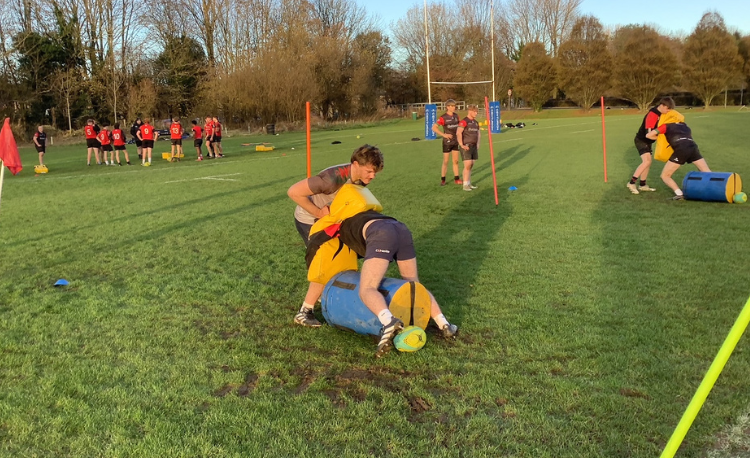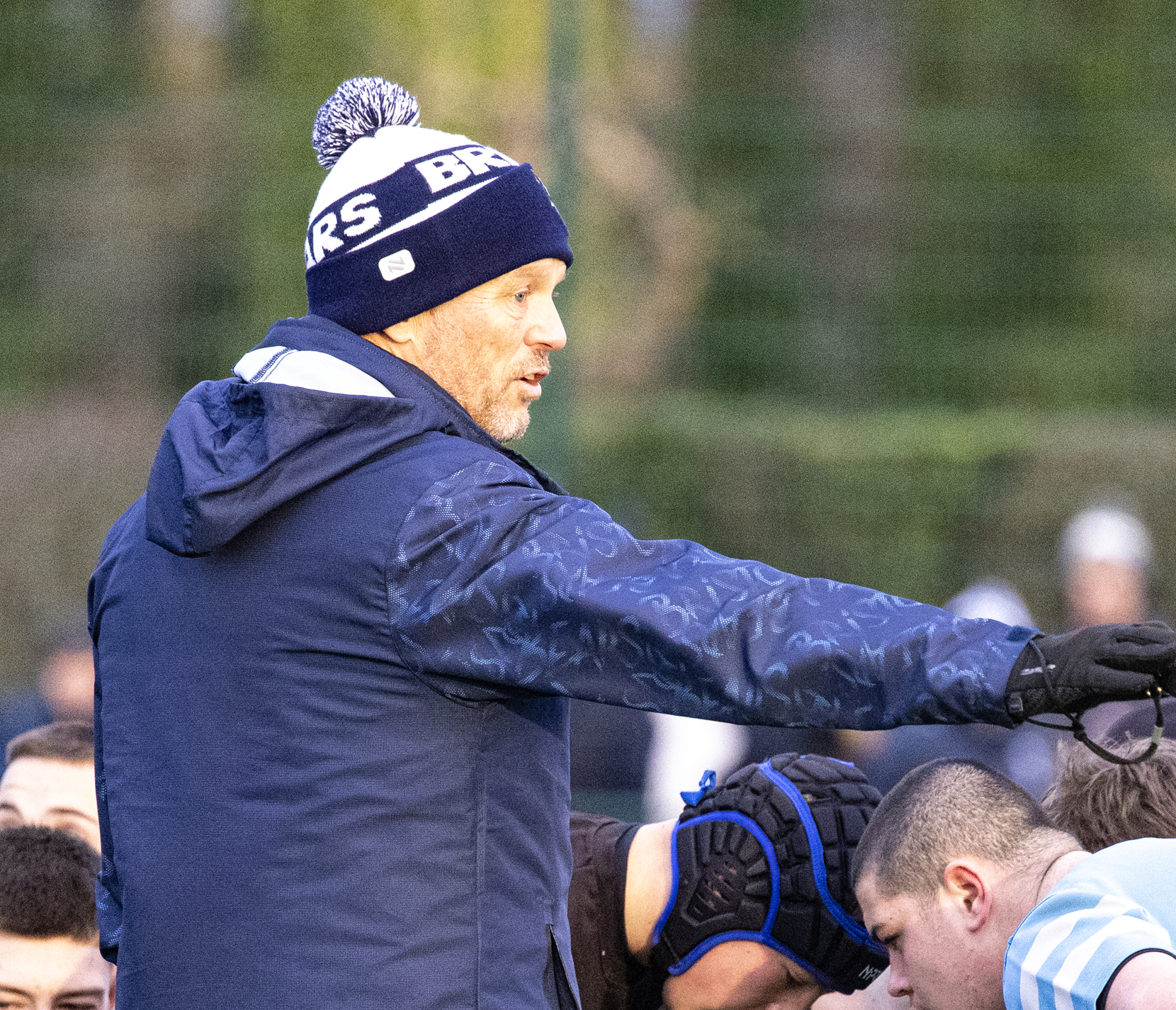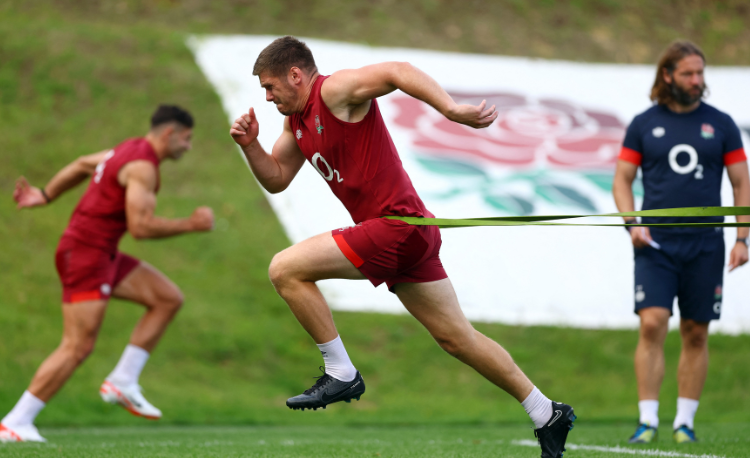Know your audience
Coaching different skill levels requires adaptability, balancing games with drills to engage players effectively and maintain standards.
There’s obviously a big difference between coaching a good group of players and a poor one.
Sometimes, though, I don’t think we make the proper adjustments when coaching lower-ability groups.
For instance, I rely on games as the primary tool in my training. I believe that, if I can turn a task into a game, players will benefit more.
However, it’s crucial to strike a balance and maintain rhythm during training. Introducing drills can be an effective way to slow things down and bring order to a session.
With less developed players, games can be pretty hard work. They might not have the skills to perform or compete effectively.
But that’s not the main problem. They often get tired very quickly, making them even less receptive to competition challenges. The slower, larger players will lose out and become despondent.
These days, I take a different approach. First, I make the sessions shorter. Second, I mix in more drills with the games.
We do something ordered, so achieving a basic result is easy before adding more pressure. The drills aren’t complicated and don’t take much time to set up.
For passing, I might have three players running onto a pass from a feeder, aiming to make two passes before they reach one line and a final pass before they reach the next.
The session’s final game is close to the actual game, as you would do with seniors.
I won’t make a big thing of the skills we’ve been using during the session. I might emphasise them during the game with praise points or areas to consider.
With better players, you increase the intensity. Drills are short and sharp, and games are noisy and pressurised.
The difference is that you want to force mistakes. You push players to the edge of their ability. You ask questions they may not have answers for (yet). You create scenarios with more than one answer.
Our expectations should change, too. Many developing players want to enjoy training without too much pressure. They might not respond well to aggressive competition. But don’t be afraid to make them sweat a bit.
What remains constant are our standards. These are primarily our own and reflect how we conduct ourselves.
Coaching can be challenging at times, but it’s essential to maintain these high standards.
---
QUOTE
"If the focus is on the result – not good. It has to be in the process. It has to be on your habits. If we are not getting better at our fundamentals, if we are not focusing on the process, it’s gonna catch us."
Ryan Day, head coach of Ohio State
University’s American Football team
Newsletter Sign Up
Coaches Testimonials

Gerald Kearney, Downtown Las Vegas Soccer Club

Paul Butler, Florida, USA

Rick Shields, Springboro, USA

Tony Green, Pierrefonds Titans, Quebec, Canada
Subscribe Today
Be a more effective, more successful rugby coach
In a recent survey 89% of subscribers said Rugby Coach Weekly makes them more confident, 91% said Rugby Coach Weekly makes them a more effective coach and 93% said Rugby Coach Weekly makes them more inspired.
Get Weekly Inspiration
All the latest techniques and approaches
Rugby Coach Weekly offers proven and easy to use rugby drills, coaching sessions, practice plans, small-sided games, warm-ups, training tips and advice.
We've been at the cutting edge of rugby coaching since we launched in 2005, creating resources for the grassroots youth coach, following best practice from around the world and insights from the professional game.
